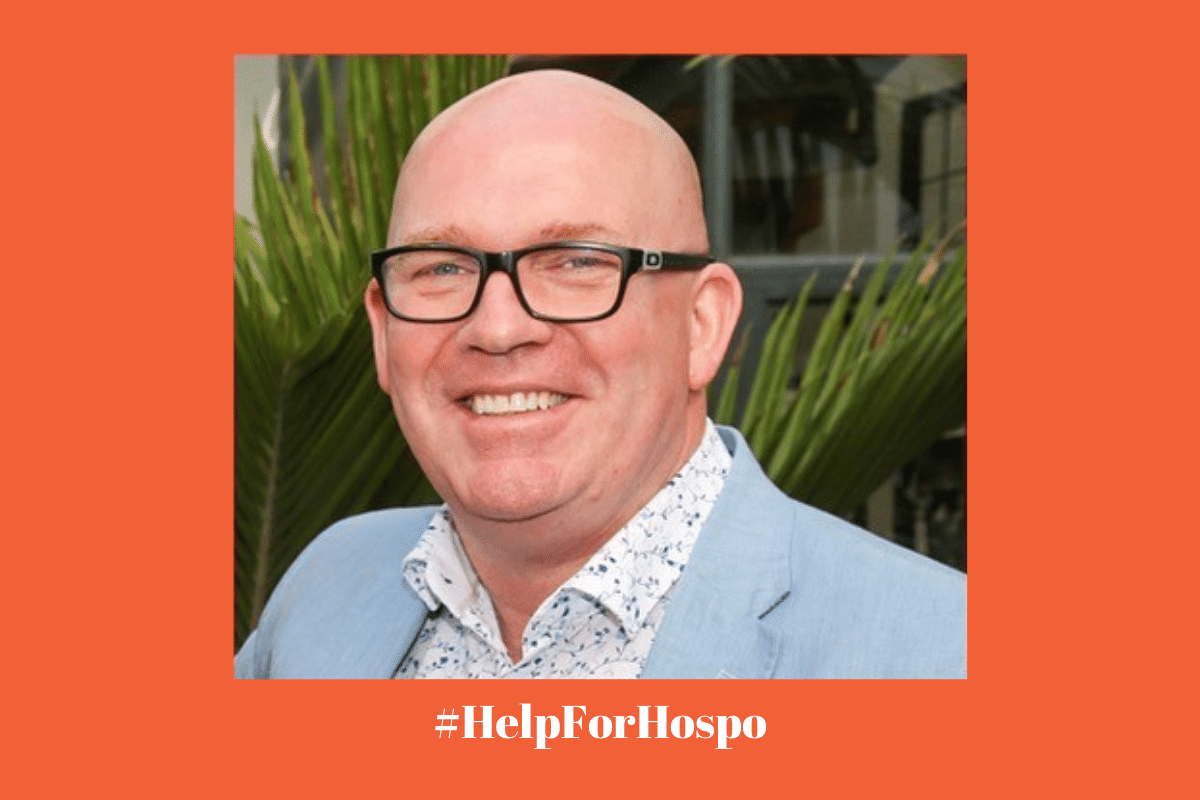Despite being back at work and providing for those in need of a takeaway meal or caffeine hit, the financial struggle is not over for hospitality workers.
Reduced hours, staff shortages, and managing Covid protocols means business is not yet back to usual.
Former hospitality worker Blair Duncan had watched the tight-knit industry he loved so much become devastated by Covid restrictions and wanted to help.
Duncan put $10,000 of his own money into a start up fund called #HelpFoHospo to help hospitality workers who are struggling.
Level 3 is better than Level 4 but many businesses are just dying slowly, said Duncan. Many were using savings or nest eggs to get through and on their last legs.
Duncan is the managing director of Red+White Cellar which supplies wine to many hospitality businesses.
He said his business wasn't affected by Covid because he could still supply to supermarkets. This made Duncan aware of the inequity of the economy during Covid.
People are losing businesses they've had for decades because they can't have contact with customers, he said.
The #HelpForHospo fund was created about a week ago and had grown from $10,000 to $100,000.
After talking to others, Duncan realised people wanted to help and despite the complexity of developing a fair and secure process to distribute money, the fund has grown 10 times the original amount in just a few days.
The easy-to-use website gave the option of donating or receiving help. If help was needed, money would be deposited into the recipient's bank account after a short approval process.
Duncan continued to encourage businesses who were able to trade during Covid to support those who couldn't.
The people in the service industry are always giving and serving people, and now it is time to give back, he said.
The process was designed to be discrete and direct. Applications would be taken online and processed by a small and confidential disbursement team.
Payments of $100 would be made to applicants, with the aim to help as many as possible. In special cases, at the descretion of the disbursement team, further support could be given.
$100 would not solve everything but it might help with groceries or paying a bill so people could stay connected, said Duncan.






